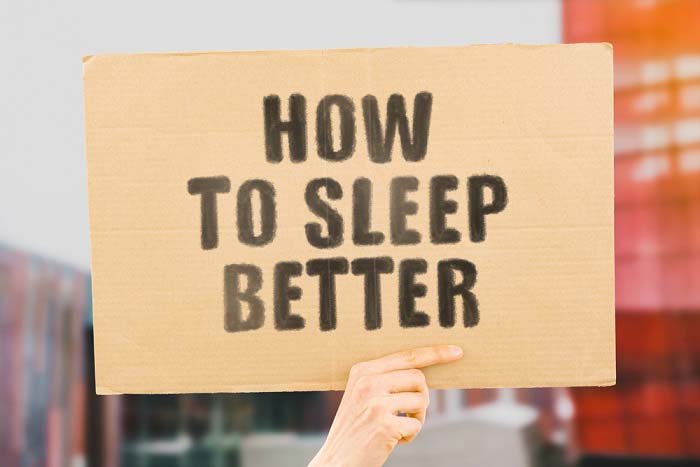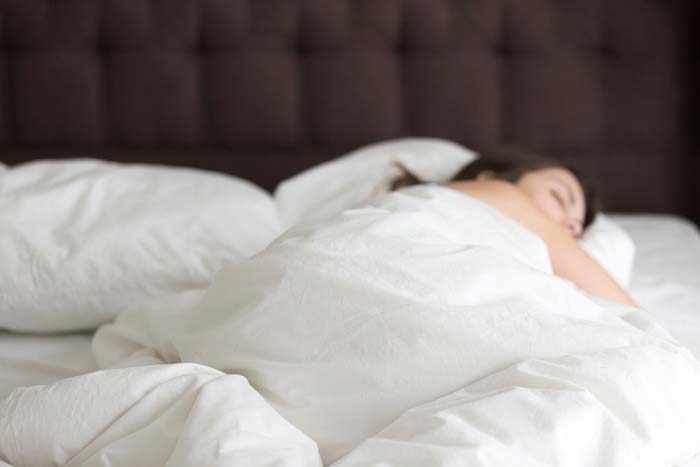The younger generation of the 21st century is career-oriented. They are ready to compromise with their health for their career. However, research suggests that sleep deprivation may lead to multiple diseases. A healthy individual needs seven to eight hours of sleep daily. While a person sleeps, the human body sends several signals to the brain for releasing certain hormones. The hormones help in
- Strengthening memory
- Controlling hunger pangs
- Boosting up immunity
- decreasing risk for health conditions
However, sleeping for more than eight hours at a stretch may harm the body.
So, let us find out why doctors recommend seven to eight hours of sleep daily for individuals.
Affects lifespan
Many people sleep for five to six hours on an average per day. Scientists in the United Kingdom have revealed that people who slept for less than five hours per day had twelve percent more chances of dying prematurely. On the other hand, people who sleep for more than nine hours per day had thirty percent higher premature death chances.
This information has been the fruit of research conducted over twenty-five years.
Controls hunger
Sleep-deprived people need more energy to sustain themselves. Usually, the human body needs lesser movement and calories than average at night. However, in sleep-deprived people, the body releases chemicals to the brain, signalling hunger at night. As a result, people who sleep for less than eight hours per day experience hunger pangs at night. They eat more but exercise less. This leads to a drastic weight gain.
Sleep deprivation is a significant cause of concern in children too. They are also worried about not doing up to the mark in their studies and career to sleeplessness. A research conducted in 2014 suggested that children who slept less were significantly more prone to high BMI and obesity. Such problems increased as they grew older.
Sleep affects immunity
The immune system of humans releases a compound called cytokines when they sleep. Specific cytokines protect the immune system. They combat inflammation, particularly inflammation caused by infection.
In the case of sleep-deprived people, sufficient cytokines are not produced to protect their immunity. The white blood corpuscles and specific antibodies may also take a dip if they sleep for less than seven or eight hours per day.
A research conducted in 2013 suggested that people who slept less than seven to eight hours each day faced a spike in their bodies’ inflammatory compounds. These compounds trigger different types of allergies and asthma. Sleep deprivation for long and short periods are equally harmful to the body.
Sleep impacts memory
Sleeping for regular hours helps strengthen memory. People who sleep for seven to eight hours after learning something can retain their knowledge. Those who are sleep-deprived face difficulty in accessing incidents that happened a long time ago.
Their brain is so overworked and tired that they face trouble in receiving information. Even if they receive information, they process it differently. Seven-eight hours of sleep boosts creative thinking and long-term memory.
Protects against diseases
The chronic sleeping disorder leads to several health issues. The work-life balance goes in for a toss. People who do not sleep for seven to eight hours per day are prone to diseases like obesity and heart diseases. A lack of proper sleep may also lead to obstructive slee apnea.
Factors like low work-life balance, stress, and tension affect the hours for which a person sleeps. These factors may trigger inflammation and other health problems, apart from a sleeping disorder.
Adults need to sleep for seven to eight hours each day. Children need to sleep for more extended periods.
How to develop good sleeping habits
A few practices may help people sleep for seven to eight hours. The practices are as follows
Maintain a fixed schedule
It is a good idea to go to sleep and wake up at a particular time. This schedule needs to be followed diligently, even during weekends. This sleep-wake cycle is right for your health. Reading or taking a warm bath before going to bed may also induce sleep.
Avoid stimulants
Caffeine and nicotine are two tangible examples of nicotine. They cause sleeplessness. Initially, alcohol makes a person tired. However, it makes the person feel restless and wide awake. Hence, it is better to avoid stimulants at least four hours before bedtime.
Make the bed comfortable
Many comfortable mattresses are available in the market. Some of them have a cooling effect on the body. It prevents the feeling of excessive heat sleeping in while the person is sleeping. Shades that darken the room and earplugs that block out the noise, provide a good ambience for sleeping. Memory-foam mattresses adhere to the shape of the body of a person. They also offer extra support and shape.
Exercise regularly
Physical activity induces sleep. However, it is better to avoid exercising before bedtime. People often complain that exercising just before their bedtime makes them feel too energetic to sleep. Exercise promotes deep sleep.
Get rid of stress
People often experience too much stress throughout the day. The pressure doesn’t allow them to sleep profoundly. It is a good idea to release tension before bedtime.
People may write down their thoughts in a journal regularly to get rid of stress. They may also practice Yoga, meditation or long walks are also good ways to get rid of stress.
Use certain sleep-inducing apps
YouTube has a few music videos that help people fall asleep faster. An app named Pzizz also has a stock of soft music that brings about restful sleep. Another app, called SleepGenius tracks the sleep cycles. It also offers a progressive alarm, which prevents people from waking up all of a sudden.
We all know how important food is to our essential existence. Sleep has an equally positive impact on a person. As discussed, a good sleep boosts immunity, minimizes memory lapses, and controls weight loss. Hence, people should never compromise with a good night’s sleep. It is a given that adequate sleep will not be possible once in a while.
However, that should not become a habit. People should maintain a healthy sleeping schedule. No commitment should prevent them from sleeping for at least seven to eight hours





